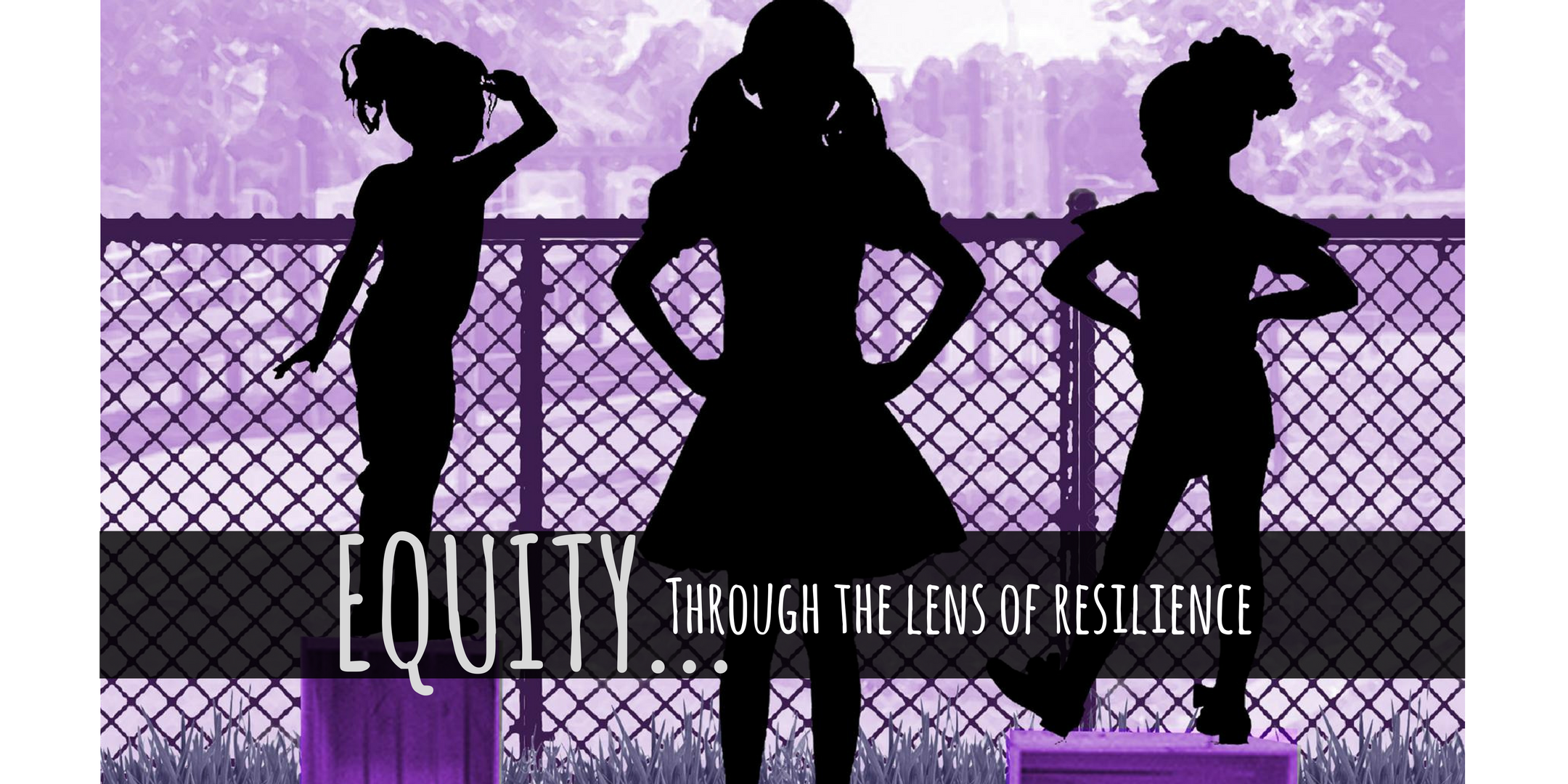
The Equity Summit held at the University of Pittsburgh provided stakeholders in Pittsburgh and Allegheny County the opportunity to explore the myriad of issues that are impacting the progress of Black girls in the area. The event, sponsored by a local advocacy group, Gwen’s Girls, also served as the platform for the release of a “State of the Girls” report funded by the FISA Foundation and The Heinz Endowments and authored by University of Pittsburgh School of Social Work professor, Dr. Sara Goodkind.
The summit was convened at a time when increased attention is being placed on racial disparities, and against the backdrop of a presidential campaign that has brought issues of gender to the fore. The focus on Black girls though is a relatively recent development as their male peers have received far more study and philanthropic engagement. Data revealing the tremendous disadvantage Black girls face and the discrimination they are subject to has only recently begun to catch the attention of policy makers.
The effort in Pittsburgh and Allegheny County is an outgrowth of a collaboration between the FISA Foundation and The Heinz Endowments to bring stakeholders to the table to parse through the data and begin to formulate strategies to intervene on behalf of Black girls.
Following Professor Goodkind’s presentation of the data at the summit, the first panel of the day examined how the juvenile justice and child welfare systems, and public education intersect and impact equity for Black girls. The panelists included, Tristan Haggerty, representing the Allegheny County Department of Human Service’s Youth Bureau; Kim Booth, Allegheny County Juvenile Court; Dr. Chereese Phillips, Allegheny County Department of Human Services; Thena Robinson Mock, Education Law Center; and IAsia (Heather) Eybers-Thomas from the Pittsburgh Public Schools Office of Equity.
Among the panel’s highlights:
Thena Robinson Mock of the Education Law Center called the gathering “a day of Black girl magic” and believed the summit would memorialize what Black girls have been saying for years about their experiences. Mock said, “we cannot address issues in this report unless we are willing to address structural racism” and noted that she was troubled by the “subjective and vague” infractions that push girls out of the public school system.
Kim Booth of the Allegheny County Juvenile Court echoed that concern and suggested that one of the main problems is that referrals to the juvenile justice system are coming from the police. She also noted that Black girls in the system are around mostly white men and that is often the root of the problem.
In an earlier interview with NorthStarNews.com, Professor Goodkind applauded the efforts of the public school system in Pittsburgh and indicated that she considers its leadership progressive. During the first panel Heather Eybers-Thomas confronted the reality of Black girls in the city’s public schools. She questioned, “Why is it that Black girls are underrepresented in magnet programs but overrepresented in discipline?” This is an issue that is not unique to Pittsburgh but in evidence nationwide. Many school districts are grappling with the issue of overrepresentation of Black students in disciplinary penalties, and in many instances with Black girls facing the greatest disparity. Eybers-Thomas suggested that considerations of cultural competency and the “art of teaching” must become commonplace in the schools.
The first panel was followed by a number of presentations on data focused on Black girls and their interaction with the juvenile justice and child welfare systems, and their status in public schools in Pittsburgh and Allegheny County. To get additional information concerning the Equity Summit contact Gwen’s Girls.
To see the full discussion of this panel and other Equity Summit highlights click here.

today in black history
February 24, 2026
A.M.E. Bishop Daniel Payne, first Black president of a Black college (Wilberforce), is born on this date in 1811 in Charleston, SC.
What Black Girls Face
POSTED: October 16, 2016, 12:00 pm



















